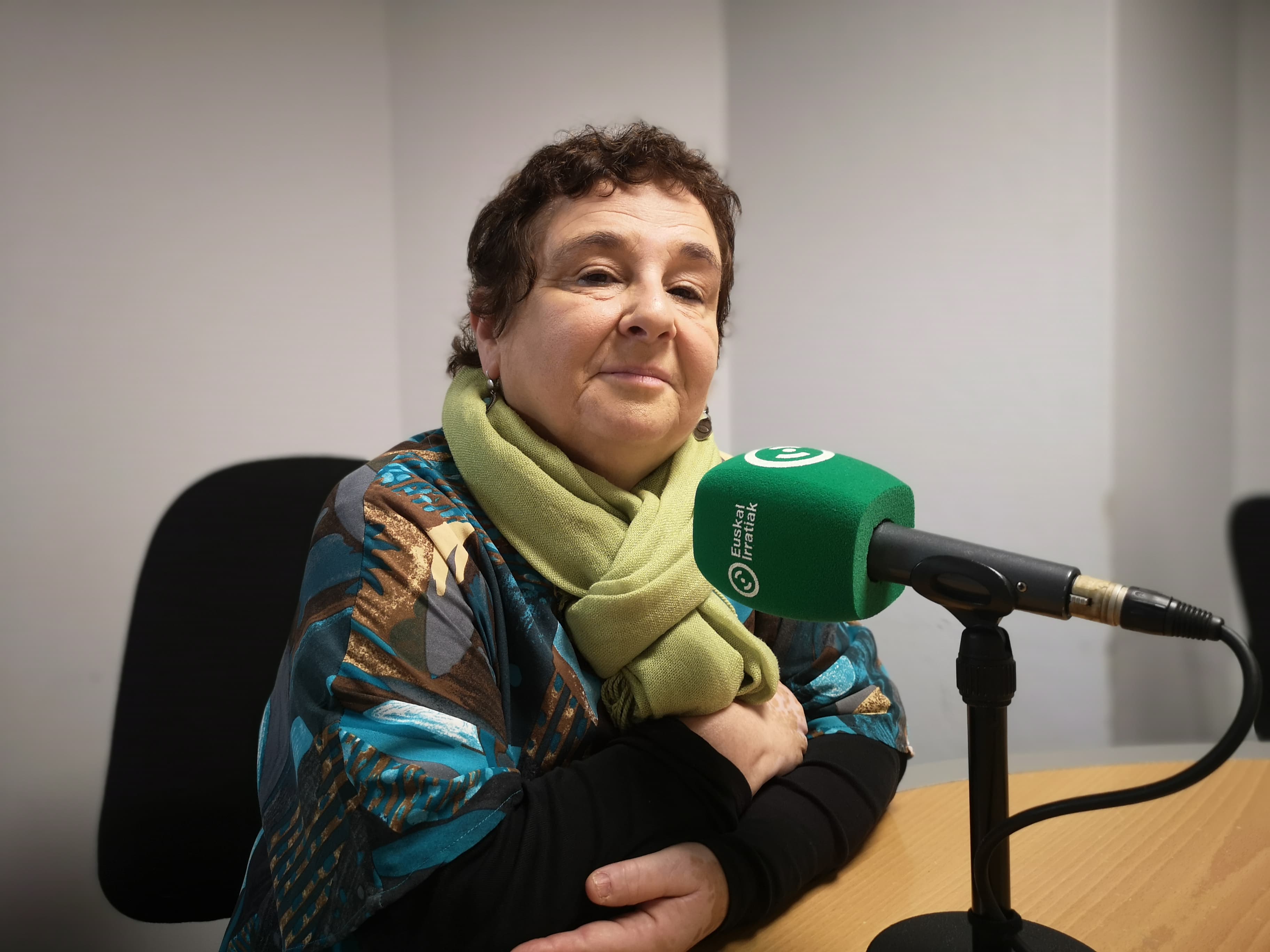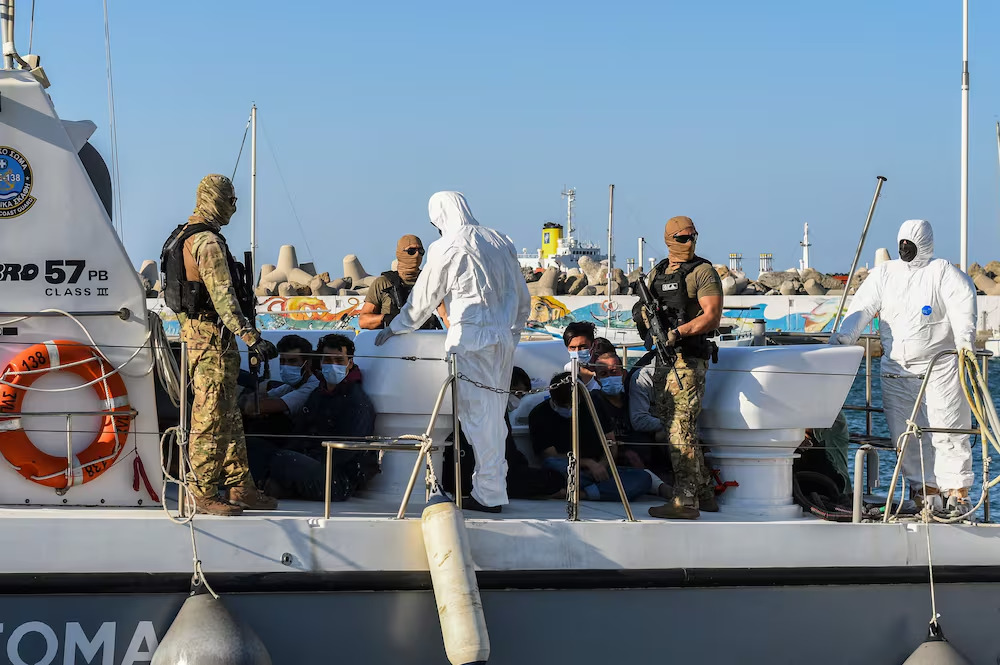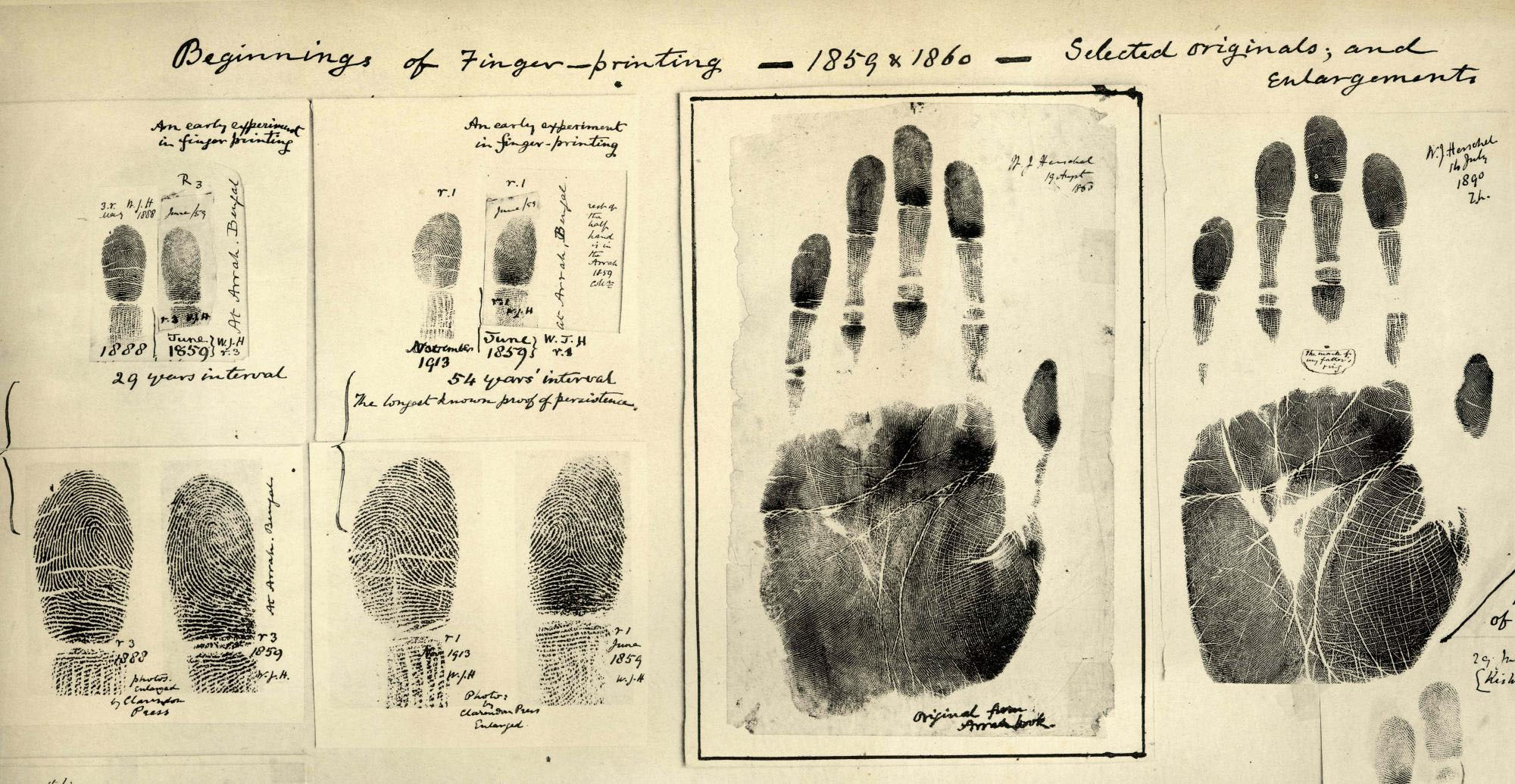82.4 million people have had to flee their places of origin by 2020
- Forced millions of people have had to leave their home country to move to another country. In 2020, there were 82.4 million people, 4% more than in 2019. International Refugee Day is celebrated on 20 June and a march has been called to denounce the situation of refugees.

The violation of human rights, war, violence, race, religion or gender have forced millions of people to flee their places of origin because of persecution. In 2020, there were 82.4 million people, 4% more than in 2019, and figures continue to rise, according to the latest data from the Office of the United Nations High Commissioner for Refugees (UNHCR). Moreover, even if it has escaped, many find it almost impossible to find a country that comes to them. In the Spanish State, only 5% of asylum applications had been approved by 2020.
More than two-thirds of refugees and forcibly displaced persons come from five countries: Syria, with 6.7 million (27%); Venezuela, with 4 million (16%); Afghanistan, with 2.6 million (11%); South Sudan, with 2.2 million (9%); and Myanmar, with 1.1 million (5%). According to UNHCR data from 2021, of the 82.4 million displaced, 48 million are internally displaced. In other words, they remain in those same countries with problems, moving along the internal borders of the State. Similarly, about 86% of citizens travel to EU countries, a few kilometres away.
With this in mind, it is not surprising that few European countries are the main recipients of migrants. Germany is the destination of most asylum seekers on the continent, with 1.2 million displaced persons. But it's way behind the other destinations: Turkey provides asylum for 3.7 million displaced persons, Colombia for 1.7 million and Pakistan and Uganda for 1.4 million.
There are also many stopping difficulties. Obtaining refugee status is difficult, and few asylum seekers gain recognition. In Spain, 88.000 applications were made in 2020. According to CEAR, 1,767 correspond to Bizkaia, 674 to Álava and 644 to Gipuzkoa. In Navarre, a total of 417 entries were registered between January and June 2020. However, 95% of the petitions made in the Spanish State were rejected, according to the Ministry of Foreign Affairs.
Most of the displaced were Colombians, Venezuelans, Nicaraguans and Hondurans os.Pero many others came from the Mediterranean. Many follow the Canary Islands route. Many others try to cross the border of Hego Euskal Herria by Irun. In total, there were 850 deaths along the way.
International Refugee Day
On 20 June, International Day of Refugees is celebrated with the aim of denouncing the risks faced by forced displaced persons on the road and seeking solutions. Under the motto "izan gaitez babes leku", several entities from Araba, Bizkaia and Gipuzkoa have called for a mobilisation next Sunday in Vitoria-Gasteiz. In Vitoria-Gasteiz, the demonstration will take place in the Plaza de la Virgen Blanca, in Bilbao it will depart from the Plaza del Arriaga and in Donostia-San Sebastián, from the Aquarium.
.jpg)
Kritika artean abiatu dira Gasteizko Arana klinika zena Nazioarteko Babes Harrera Zentro bilakatzeko obrak. Ez auzokideak, ez errefuxiatuekin lan egiten duten gobernuz kanpoko erakundeak, ez PSEz bestelako alderdi politikoak ez daude ados proiektuarekin: makrozentroen ordez,... [+]
"Segurtasun gehiago, inmigrazio gutxiago". Bruno Retailleau barne ministro frantsesa argi mintzatu da, kargua hartu berritan. Etorkinen gaineko kontrola azkartu nahi du Michel Barnier lehen ministro eskuindar-kontserbadorearen gobernuak, eta jada Retailleauk aitzinatu... [+]
Europar Batasunean berriki onartu den Migrazio Itunak, asko zaildu dizkie gauzak euren herrialdetik ihesi doazen eta asiloa eskatzen duten pertsonei. Eskuin muturraren tesiak ogi tartean irentsita, migratzaileentzako kontrol neurri zorrotzagoak onartu dituzte Estrasburgon,... [+]
Migratzaileen kopurua anitz emendatu da Irun eta Hendaia arteko pasabidean. Irungo Harrera Sareak ohartarazi duenez, otsailean 600 pertsona lagundu dituzte, iaz, urte osoan 2.700 izan zirelarik. Iragan urtarrilean, 2.700 etorkin heldu dira Kanariar Uharteetara, egunero 80... [+]





















